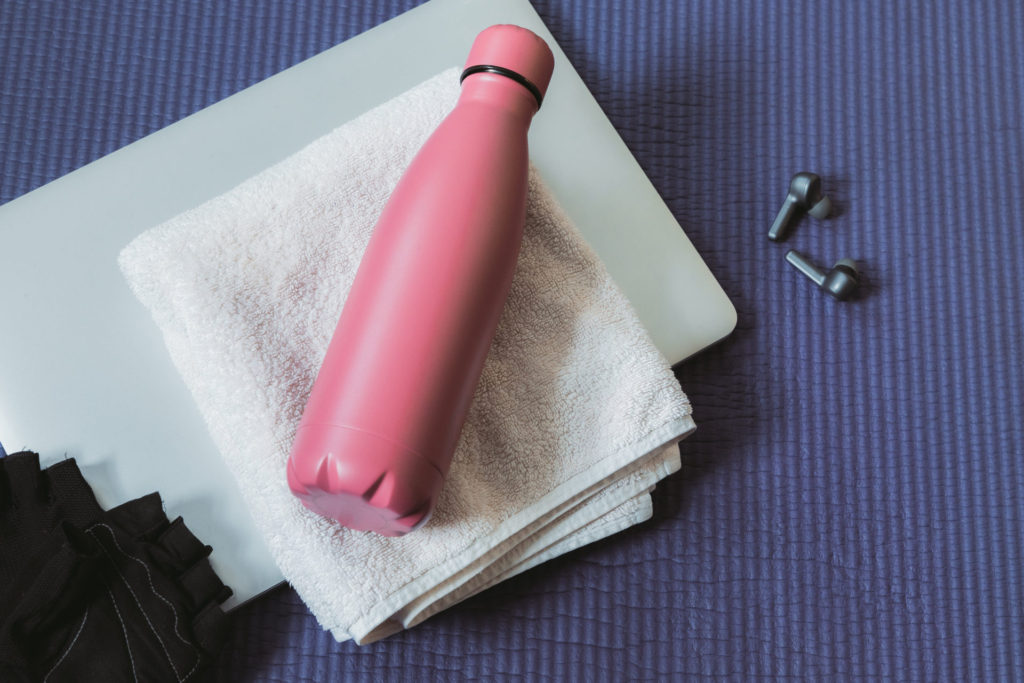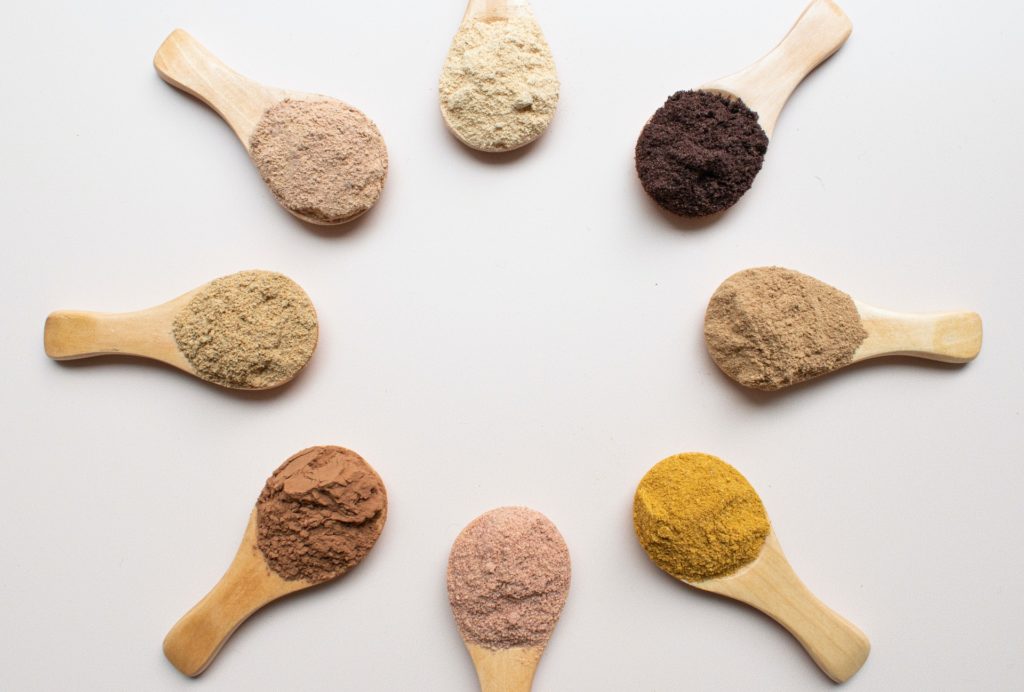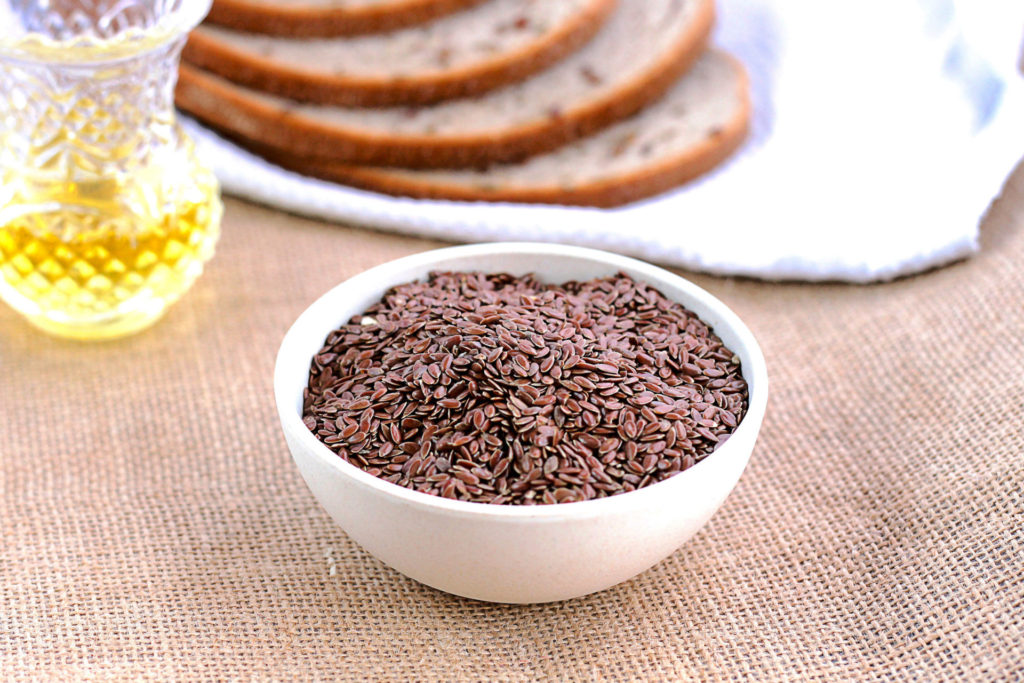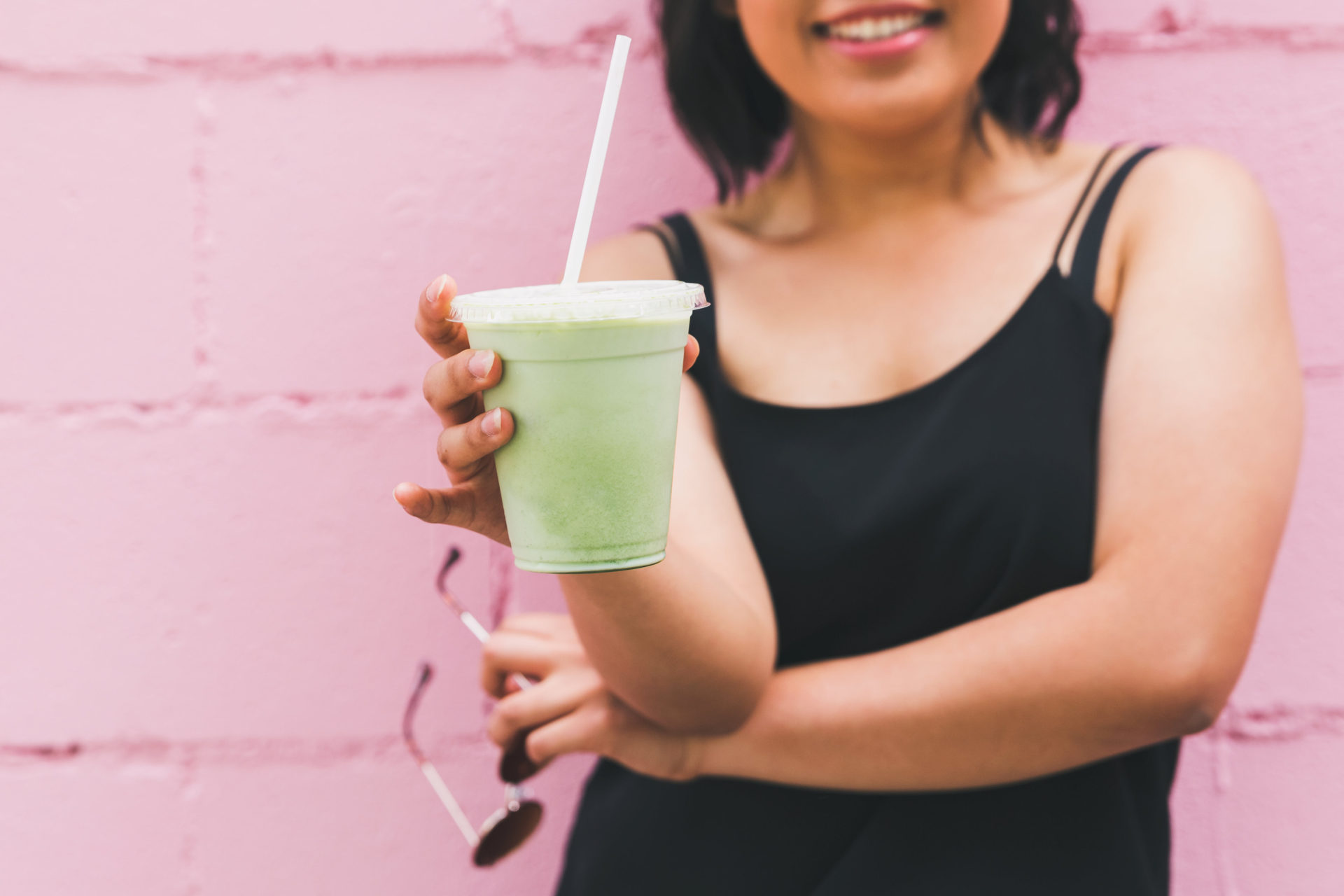Superfoods. I’m sure we’ve all heard about them. But what are they really? And should they be incorporated into our diets?
Disclaimer: I am in no way, shape or form promoting the use of any of these superfoods. Since I am on a journey to find out more about each of these supplements myself, I thought I would share some of my findings with you. There are many more superfoods out there, but I am just mentioning a handful here.
I suppose you would say that I am the ultimate ‘New-Years-Resolution-Cliché.’ This year I decided to make my health and wellness a priority. When lockdown hit us in 2020, I fell into an unhealthy eating and sleeping pattern, and have since been trying to get out of that slump. That, along with experimenting in all kinds of baked and savoury dishes throughout lockdown, certainly did not help my situation. Does anyone remember when we all went through the ‘banana bread’ phase? I’ve definitely baked a few myself.
So, as soon as we rang in the 1st of January 2022, I made it my mission to start anew. Now, while attending gym twice a week, doing a walk / run once a week and at-home exercises every day, I have also started to change my eating and supplement habits.
Since taking my overall physical and mental health into consideration, I have also been doing quite a bit of research on daily superfood supplements, not only to assist me in feeling a bit more energised and ready to take on the day, but to add some much-needed antioxidants and nutrients that I may be missing.

*Please do consult a health professional before choosing to try any of these.
Collagen
What it is:
Collagen is found in all our various connective tissues which make up our bodies – in our bones, muscles, and blood. Collagen is an all-important protein that we all need in order to keep our joints healthy and moveable. It also assists in skin elasticity and stretchiness. The older we get, the less collagen our bodies produce on their own, so extra supplements taken to make up for loss is always a good idea.
What it does:
By taking just one serving of collagen a day in your coffee, yoghurt or smoothie, you are already aiding your body’s daily requirement of collagen. According to Harvest Table, “Collagen has a host of benefits for the body, including improving skin health by reducing wrinkles, promoting a healthier gut and bone condition, while relieving joint pain.” It may also assist in stronger bones, thicker hair and healthier nails.
Maca Powder
What it is:
This powder is made from the maca plant, which is also sometimes called Peruvian ginseng. People who live in the Andes are known to have grown maca roots for thousands of years, and swear by its medicinal properties. The powder is nutty in flavour and low in calories and contains copper, potassium and vitamin C.
What it does:
Studies have shown that taking a dose of maca powder daily may help improve fertility, reserve mental functions, improve energy and help relieve symptoms of menopause.
Chia Seeds
What it is:
Healthline says “The tiny, nutrition-packed “superseeds” are now a staple in many health-conscious households. Thanks to their small size, mild taste, and versatility, it’s easy to incorporate chia seeds into your diet.” Because these seeds are insoluble fibre, it helps keep you fuller for longer. They also bring with them lots of much-needed minerals which include zinc, magnesium, copper, calcium and iron, amongst others. They are also high in omega-3 fatty acids.
What it does:
Chia seeds are known to assist in reducing the risk of health conditions, such as heart disease. They may also help in controlling blood sugar levels.

Spirulina
What it is:
This very dark green algae, which grows in both fresh and salt water, is hailed as one of the world’s most popular supplements and includes B vitamins, beta carotene, and vitamin E. Filled with a bunch of nutrients, antioxidants, chlorophyll, and phycocyanin, this supplement is known to benefit both your body and brain. WebMD says that they were first used by the Aztecs as an endurance booster.
What it does:
Research shows that Spirulina may have antioxidant, pain-relief, anti-inflammatory, and brain-protective properties.
*Because spirulina is high in nutrient activity, you should talk to your doctor before taking it. It has been known to cause headaches, sweating, and insomnia in some people.
Ashwagandha
What it is:
Ashwagandha is an evergreen shrub that grows in Asia and Africa. According to Healthline, “Ashwagandha” is Sanskrit for “smell of the horse,” which refers to both the herb’s scent and its potential ability to increase strength.
What it does:
Ashwagandha has been known to assist in reducing anxiety. Other than aiding in the boost of testosterone in men, it may also promote athletic performance, reduce blood sugar and reduce inflammation.
Flax seed
What it is:
Medical News Today says “People grew flax as a crop in ancient Egypt and China. In Asia, it has had a role in Ayurvedic medicine for thousands of years.” Flax seed is plant-based and provides much needed antioxidants and fiber.
What it does:
It is high thiamine which plays a key role in energy metabolism, and contains copper which helps in brain development.

I am sure once you read the name of each item, you probably discovered that you might have heard or seen these superfood names somewhere before, but you were not quite sure what they were used for. I hope I was able to enlighten you a little bit, and should you too be on the path to finding a superfood supplement to suit you and your health and wellness needs, perhaps these will assist.
*Please do consult a health professional before choosing to try any of these.
Sources:





